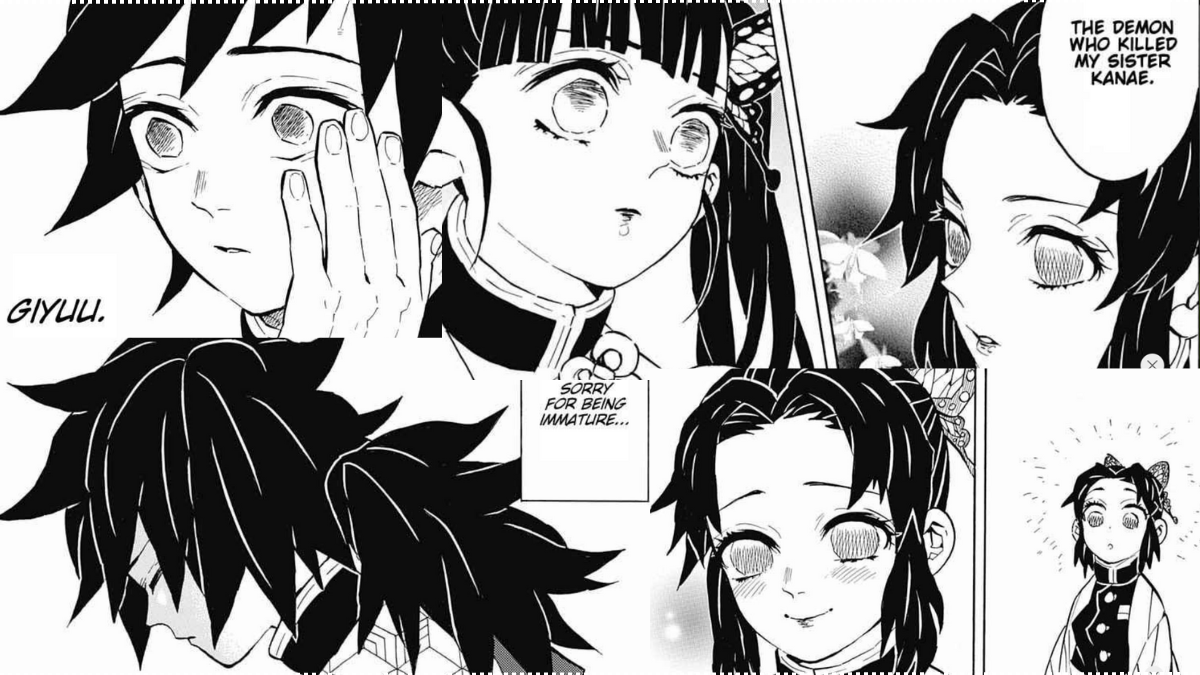Recently, the online manga community has been abuzz with concerns over the accessibility and potential shutdown of MangaGo, one of the most popular unauthorized manga hosting sites. This platform has long been a haven for manga enthusiasts seeking free access to a vast array of titles. However, the site’s legal gray area and recent disruptions have sparked widespread panic and debate about the future of such platforms.
What is MangaGo?

MangaGo is a popular online platform hosting a large manga collection from various genres. It allows users to access both well-known and obscure titles. The platform is notably community-driven, with users often contributing to the site by uploading manga and translating works into different languages. However, it’s important to note that MangaGo operates outside legal parameters, often without the necessary licenses from creators and publishers. This unauthorized distribution has always posed significant legal and ethical concerns.
What happened to MangaGo?
The website server went down on Monday, April 13, 2024, with many users experiencing difficulty accessing the website. Users had gone on social media platforms to express their concerns that the website may have been shut down. Others are worried that they may lose all their reading progress, as well as access to a stockpile of manga. Thankfully, the website is back up and running fine.
The Catalyst: social media and legal threats
The issue began when a user unknowingly asked an author on X, formerly known as Twitter, about the next update on MangaGo. It seems the user did not know that MangaGo operated somewhat illegally. This interaction inadvertently highlighted the existence of the site to the manga’s creator, who was unaware that their work was being distributed without permission. In response, the author began efforts to take legal action against the site. The news spread rapidly, causing an uproar within the community. Users feared that their beloved repository of manga might be permanently taken down.
Over the years, the anxiety of seeing Mangogo shut down has grown, especially since many users have reported difficulties accessing MangaGo. This has led to speculation that legal actions were already underway. This accessibility issue further fueled panic, with readers scrambling for alternatives and discussing the potential loss of their favorite platform.
In response, a movement emerged within the community advising users not to mention MangaGo by name on social media. The rationale was simple: avoid drawing more attention from creators and publishers who might take similar legal actions. Despite the legal threats, sites like MangaGo often find ways to continue operating, either by changing domains or using other methods to evade shutdowns. Unsurprisingly, these types of issues have caused splits in the manga reading communities.
On one hand, sites like MangaGo provide easy and free access to manga, especially to those who are unable to afford to pay to read. It also makes them accessible to a broader audience. On the other hand, the running of these sites comes at the cost of violating intellectual property rights and depriving creators of their rightful earnings. The popularity of unauthorized sites poses a significant threat to the manga industry’s sustainability, as creators rely on sales and official licensing for their livelihoods.
What are the legal alternatives to MangaGo?
While MangaGo is still up and running, the uncertainty surrounding the site’s future underscores the importance of supporting legal alternatives. Readers who want to enjoy manga while respecting creators’ rights can use the official platforms on which the creators upload their works. Services like VIZ Media, Crunchyroll Manga, ComiXology, Lezhin Comics, and Shonen Jump also offer licensed manga.
These platforms ensure that creators are compensated for their work. Readers can also support the authors directly by purchasing manga volumes, subscribing to official services, or supporting artists through platforms like Patreon.
The MangaGo situation serves as a reminder of the collective responsibility within the manga community. By choosing legal options and spreading awareness about the importance of supporting creators, readers can help sustain the industry that brings their favorite stories to life. Avoiding the mention of unauthorized sites on social media platforms like X, TikTok, and Instagram is a small but significant step in reducing the risk of legal actions that could lead to shutdowns. While MangaGo remains operational for now, its future will always hang in the balance.

